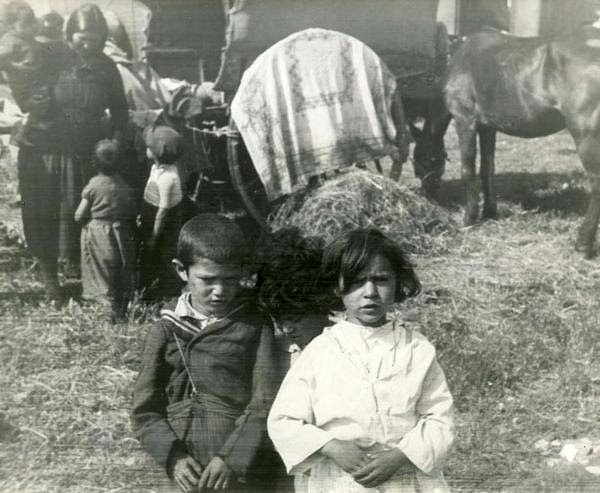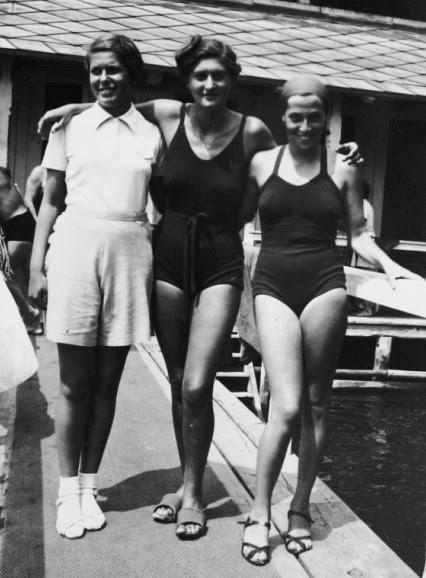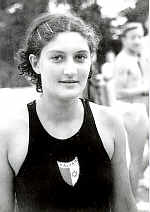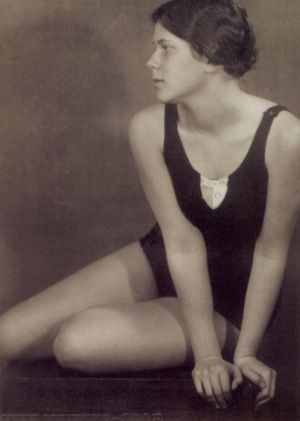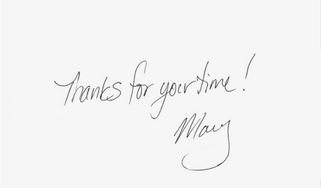Austrian champion swimmers Judith Deutsch, Ruth Langer and Lucie Goldner, 1936.
Judith Deutsch, (left in photo) Austria's top swimmer in the mid-1930s, knew of the persecution of Jews in Germany and she experienced antisemitism in her home country.
She and two other Austrian swimmers, Ruth Langer (middle in photo) and Lucie Goldner (right) trained at the Jewish swim club Hakoah in Vienna, Austria because they were barred from public pools, where signs read No entry for dogs and Jews.
Ruth Lager grew up in Vienna and took up swimming at age 11, hoping to excel at something her brother did not. At age 14, she broke the Austrian records for the 100-meter and 400-meter freestyles and won the Austrian
championships at those distances.
Judith dominated Austrian swimming 1934-36. She was national champion in the 100-meter freestyle, 200-meter freestyle, and 400-meter
freestyle, setting twelve national records in one year. In 1935, she won the country's highest athletic award Outstanding Austrian Athlete.
The three swimmers were selected
for the Austrian Olympic Team, due to compete in the 1936 Summer Olympics in Nazi Germany. The games sparked international debate about whether attending the Olympics endorsed Germany's white nationalistic policies and militaristic ambitions.
As the Berlin Olympics approached in 1936, Americans, too, debated whether to attend. The US Olympic Committee President, Avery Bundage traveled to Germany to investigate claims of Nazi discrimination against Jews.
He reported such claims were exaggerated “and the unhindered continuance of the Olympic movement were more important than the German-Jewish situation.”
Lord Melchett of Britain, president of the World Federation of Jewish Sports Clubs recommended Jewish athletes not participate. Not an obvious choice at the time, only a few athletes, Jewish or not, joined the boycott.
Judith, Lucie and Ruth took a stand, saying, ''We do not boycott Olympia, but Berlin."
In an interview with Reuters, Ruth said, "It was a once-in-a-lifetime opportunity. But being Jewish, it was unthinkable to compete in the Games in Nazi Germany, where my people
were being persecuted."

